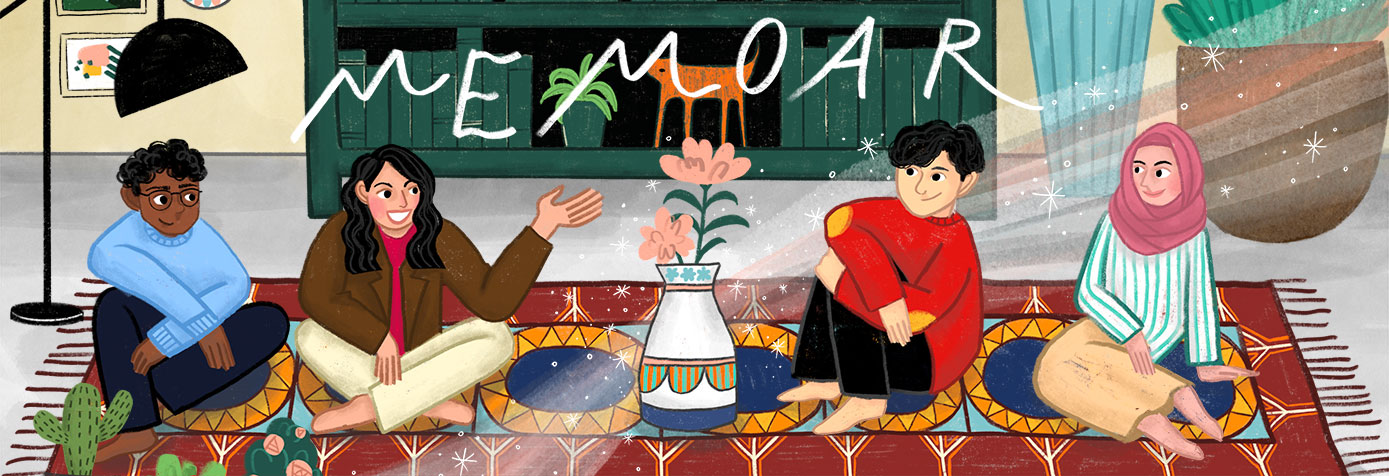Memoar - Hanita (EN)

Hello, my name is Hanita.
In 2018, I was a volunteer in a program for migrants in Makassar. I was responsible for six months in one of the refugee accommodations as the only volunteer there at that moment. During that time, I met refugees quite often. My house is actually in the same neighborhood as that accommodation, so there was and still is a personal relationship between my family and the refugees living there.
I actually went abroad to study. Before I left at that time, not many refugees lived in Makassar. But when I moved back in 2016, I saw many foreigners riding bicycles. I didn’t know then that Makassar is where many refugees live. After that, I started looking for more information. It’s quite scary for me to know why people become a refugee. It’s because of politics, persecution, and many more. The problem was very complex, no wonder they become so stressed. I thought it must be difficult to be happy in that situation. But after knowing many refugees, I feel like they are actually happier or live a better life than I expected. I learned that they are very resilient people. Not many people can survive in that kind of difficult situation.
Unfortunately, the news I read about refugees focuses on the negative things. For example, about the demonstration, suicide, or having to do prostitution so they can get money to live. I am concerned that this kind of news can mislead people’s understanding of refugees. Everyone has their own point of view, and as there is no discrimination, of course, I’m okay with that. But some stories make me sad and angry. For example, stories about refugee children who are bullied because they have darker skin than us. The most frustrating part is when I heard that the teacher didn’t do anything about that, and those children went home to their parents crying and some even refused to go back to school.
During my volunteering experience, I feel that the effort of those who are involved in this is quite well. In Makassar, IOM works with the city government or local organizations. In LSKP where I volunteer, they have a program for refugees on gender-based violence. The volunteer program I join wants to help improve the mental health of refugees through psychosocial support. These examples make me feel optimistic that the situation in the future will be better for them.
From my personal experience, there must be something we can do. For example, if a refugee is living around your neighborhood, you can greet them, say hi, or smile. My mother and brother cannot speak English or other languages, but we often invite refugees to our house for dinner.
Talking about hope, well… first, I wish all of them will be resettled later. Oh, it makes me so sad. Because many refugees have had no clarity about their lives for years. I wish they could resettle, however many the third country can take.
Second, I don’t want to blame the government too much because this problem is more complex than it seems. I realize that the answer to this problem is not that simple. Hopefully, the government can remove the restriction so they can work or earn a living. This restriction is what bothers me the most because I think this is the actual root of the problems. If they can work, many problems can be solved.
And last, I really wish that we as a society can be more tolerant and less divisive in the future. I believe generation Z is more open-minded, so having a more tolerant society may be possible. If the situation allows for refugees to be more adaptable, sure, their life in Indonesia will be easier and filled with more happiness. So, for those who are interested in this issue, if you want to be actively involved, you can start with exploring communities or organizations that work with refugees.





